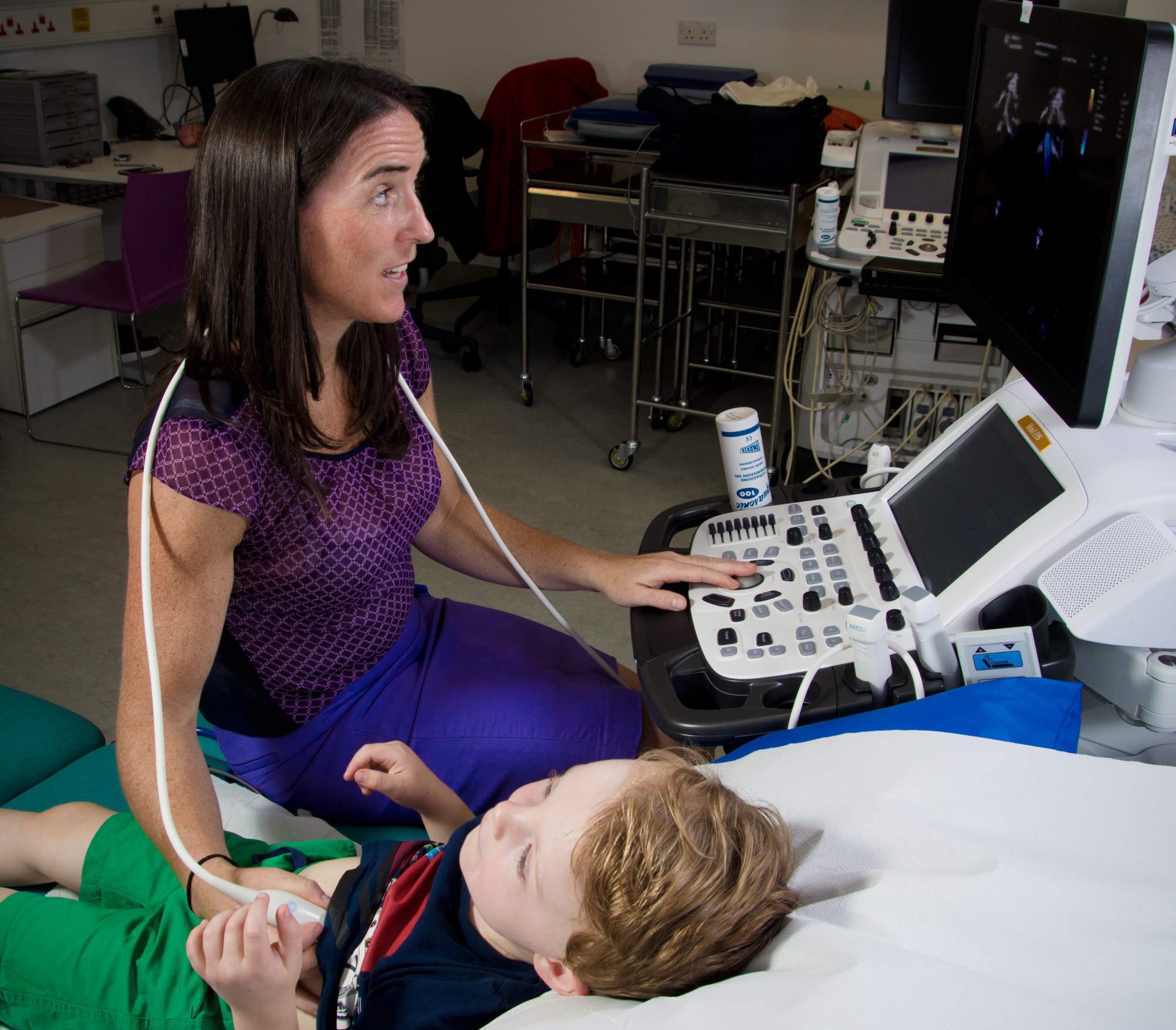Congenital heart disease describes a range of birth defects that affect the normal workings of the heart. It can affect 8 in every 1000 babies born. Symptoms are noticeable soon after birth, although mild defects may not cause any problems until later in life. If there are concerning symptoms a referral is usually made to a paediatric cardiologist for further evaluation.
What causes congenital heart disease?
The exact cause of congenital heart disease in children is often not found and is likely to be multifactorial. These may include a genetic basis, environmental factors or infection. A positive family history of heart problems in children, or symptoms and signs such as a murmur, cyanosis or breathlessness are often common reason to seek review.
Most paediatric cardiology problems in children are congenital in nature (something people are born with) due to a problem in the way the heart was put together during the very early stages of pregnancy. If you have a child with a heart problem or concerns regarding a possible cardiac issue and are considering pursuing private care, I welcome any enquiries and I can be contacted by email, or via my practice manager.
Is it always awful news?
Fortunately, the majority of complaints and symptoms observed in children are infrequently associated with any underlying congenital cardiac condition. A few simple tests performed by a paediatric cardiologist (a child heart specialist doctor) are able to exclude all significant congenital cardiac conditions.


